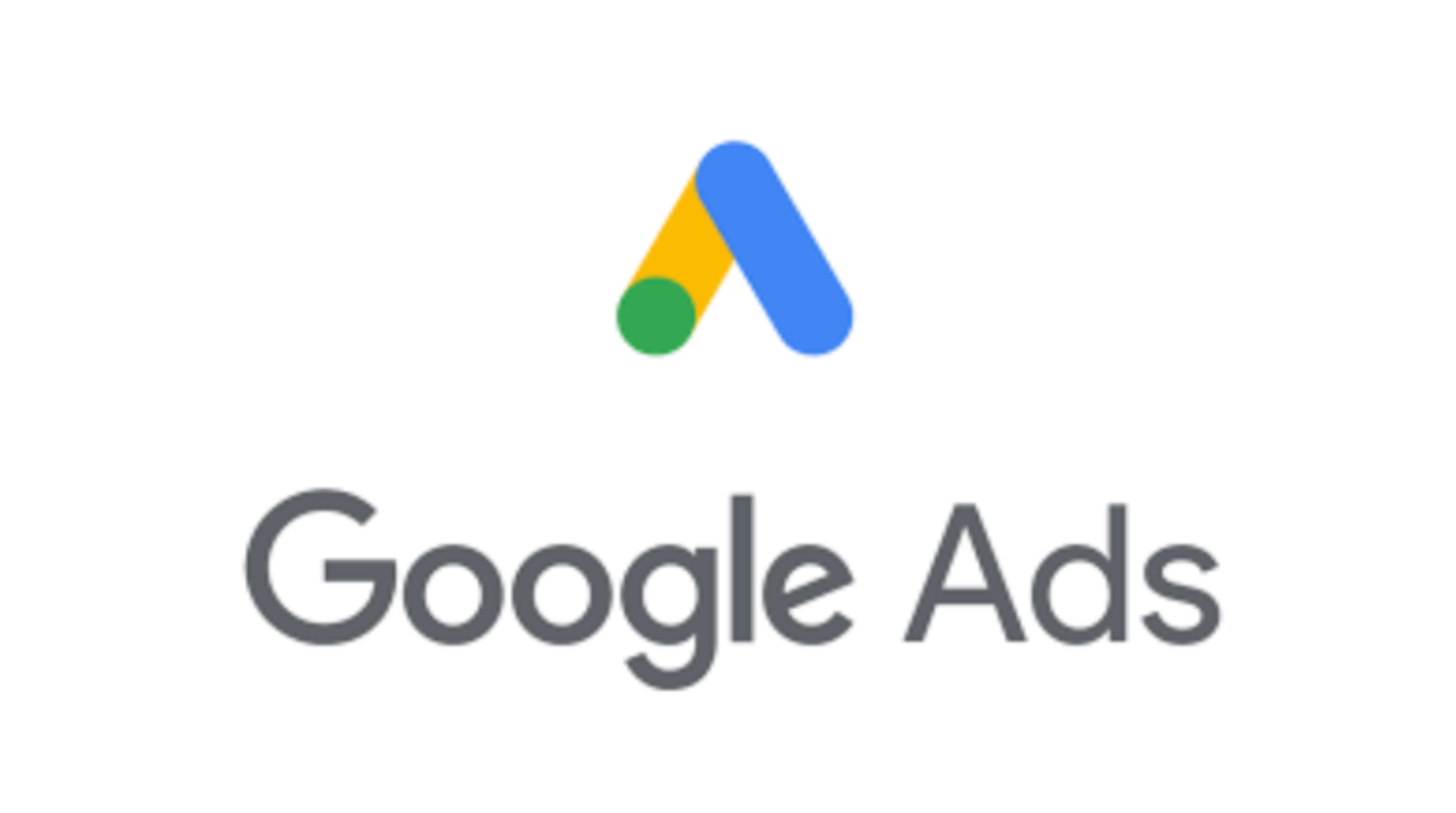Google Ads Editorial Policy: Updated for Clarity
Google yesterday updated its Google Ads Editorial Policy. This update focused on improving the clarity and readability of the policy document, with no changes made to the actual enforcement scope.

Google yesterday updated its Google Ads Editorial Policy. This update focused on improving the clarity and readability of the policy document, with no changes made to the actual enforcement scope.
What is the Google Ads Editorial Policy?
The Google Ads Editorial Policy outlines the standards that all Google Ads, assets, and landing pages must adhere to. These standards are designed to ensure a positive user experience by promoting clear, professional-looking ads that lead to relevant and informative content.
Why is the Editorial Policy Important?
Maintaining a high standard for ad quality benefits both users and advertisers. Users encounter a more trustworthy and informative online advertising experience, while advertisers can potentially reach a more receptive audience and achieve better campaign results.
Key Aspects of the Editorial Policy
The Google Ads Editorial Policy covers a wide range of elements, including:
- Business Name Requirements: Business names displayed in ads must accurately reflect the advertiser, the advertised app, or the domain associated with the landing page.
- Capitalization: Capitalization should be used correctly and for its intended purpose. Excessive or nonsensical capitalization is not permitted.
- Image Quality: Google Ads requires high-quality images for all ad formats. Blurry, unclear, or irrelevant images are prohibited.
- Misuse of Ad Features: Advertisers must utilize ad features for their intended purposes.
- Phone Numbers in Ad Text: Including phone numbers directly within ad text is not allowed.
- Punctuation and Symbols: Punctuation and symbols should be used correctly and for their intended purpose. Special characters that are not supported by the Google Ads platform are also prohibited.
- Repetition: Excessive or nonsensical repetition of words or phrases within an ad or ad group is not allowed.
- Style and Spelling: Google Ads requires all ads to adhere to standard grammar and spelling rules. The content of the ad should be clear, concise, and easy to understand.
- Unacceptable Spacing: Unnecessary or excessive use of spacing within ad text is not permitted.
- Unidentified Business: Ads must clearly identify the product, service, or business being promoted.
- Video Quality: Video ads must be of high quality with clear visuals and sound. Videos with blurry images, poor sound quality, or illegible text are not allowed.
Enforcement of the Editorial Policy
Violations of the Google Ads Editorial Policy will not result in immediate account suspension. According to the updated policy, advertisers will receive a warning at least seven days before any potential account suspension. This grace period allows advertisers to address any policy violations and bring their ad campaigns into compliance.
Understanding and adhering to the Google Ads Editorial Policy is crucial for all advertisers using the platform. By following these guidelines, advertisers can create professional, informative ads that contribute to a positive user experience and potentially enhance campaign performance.

